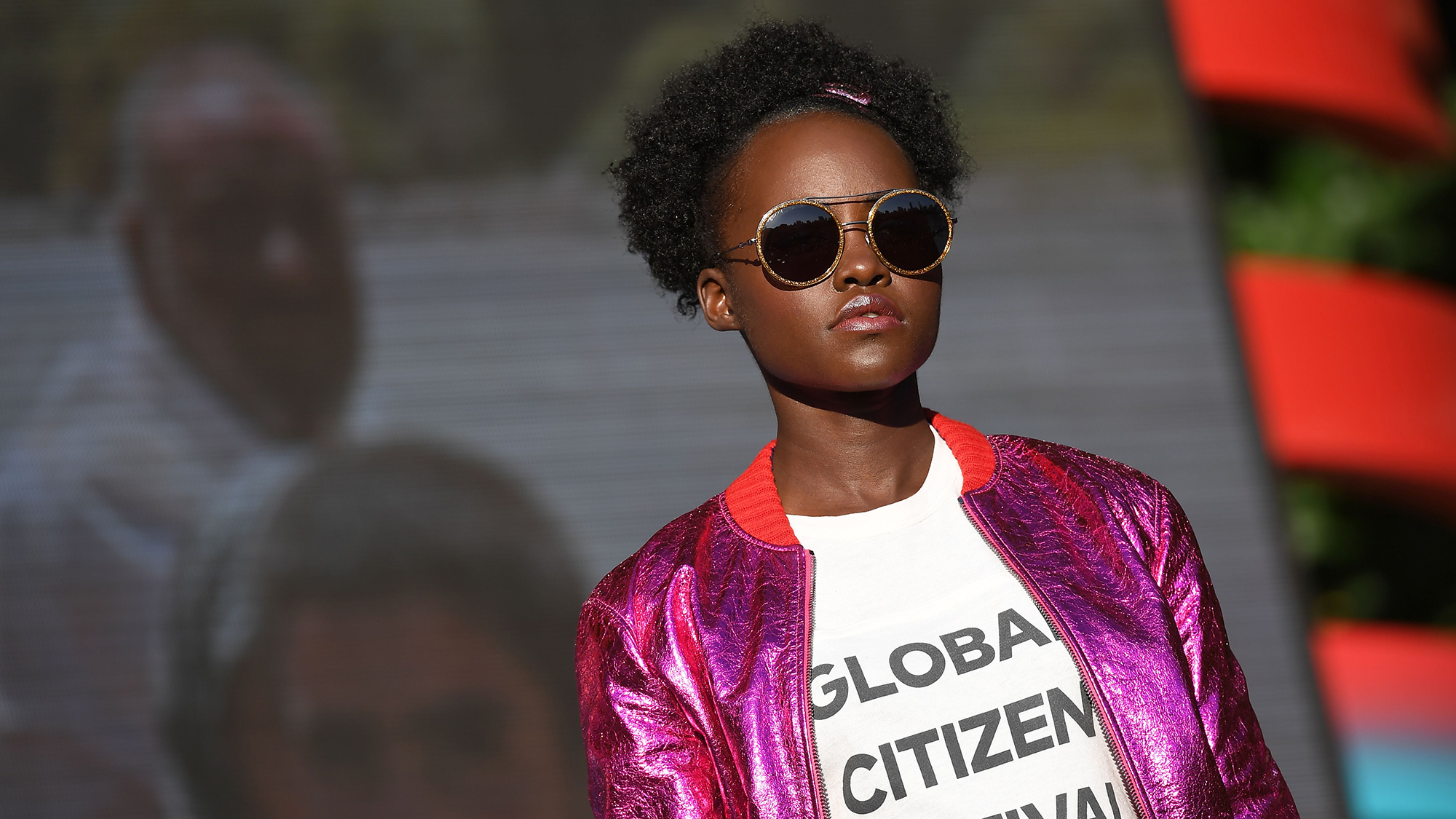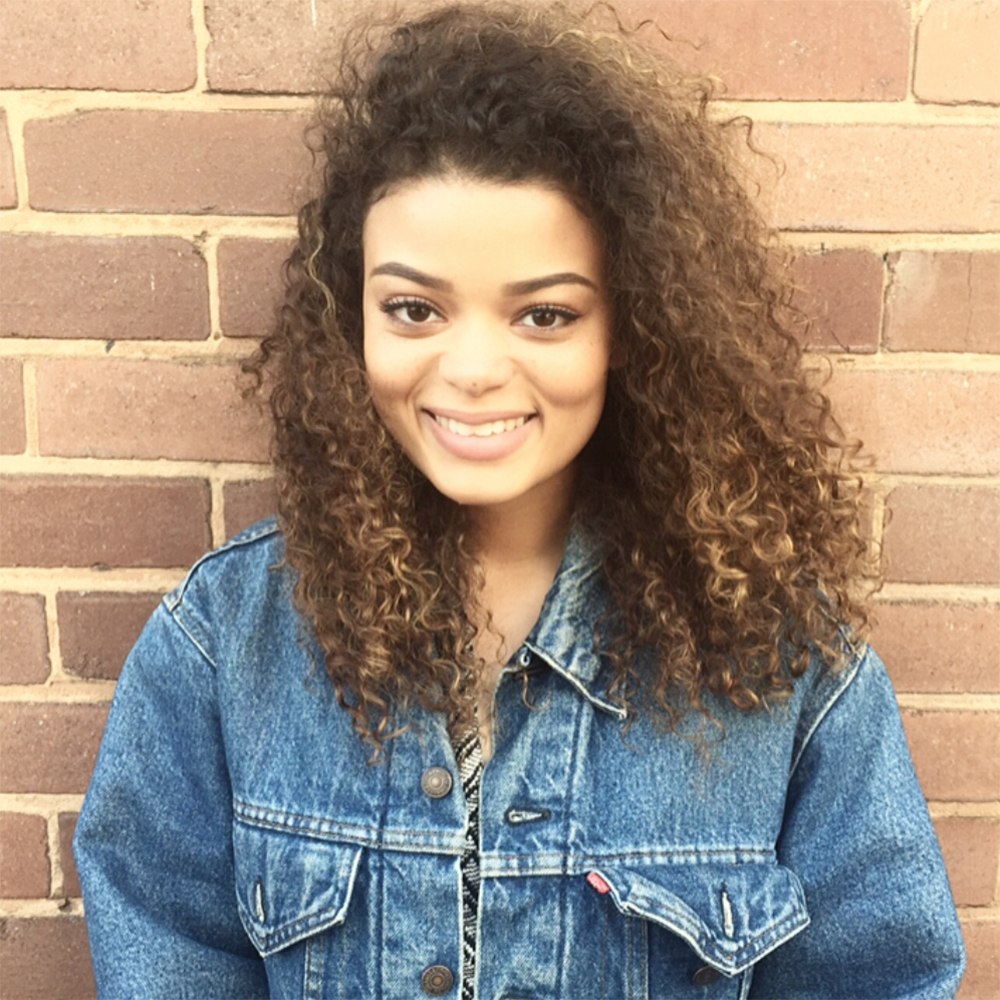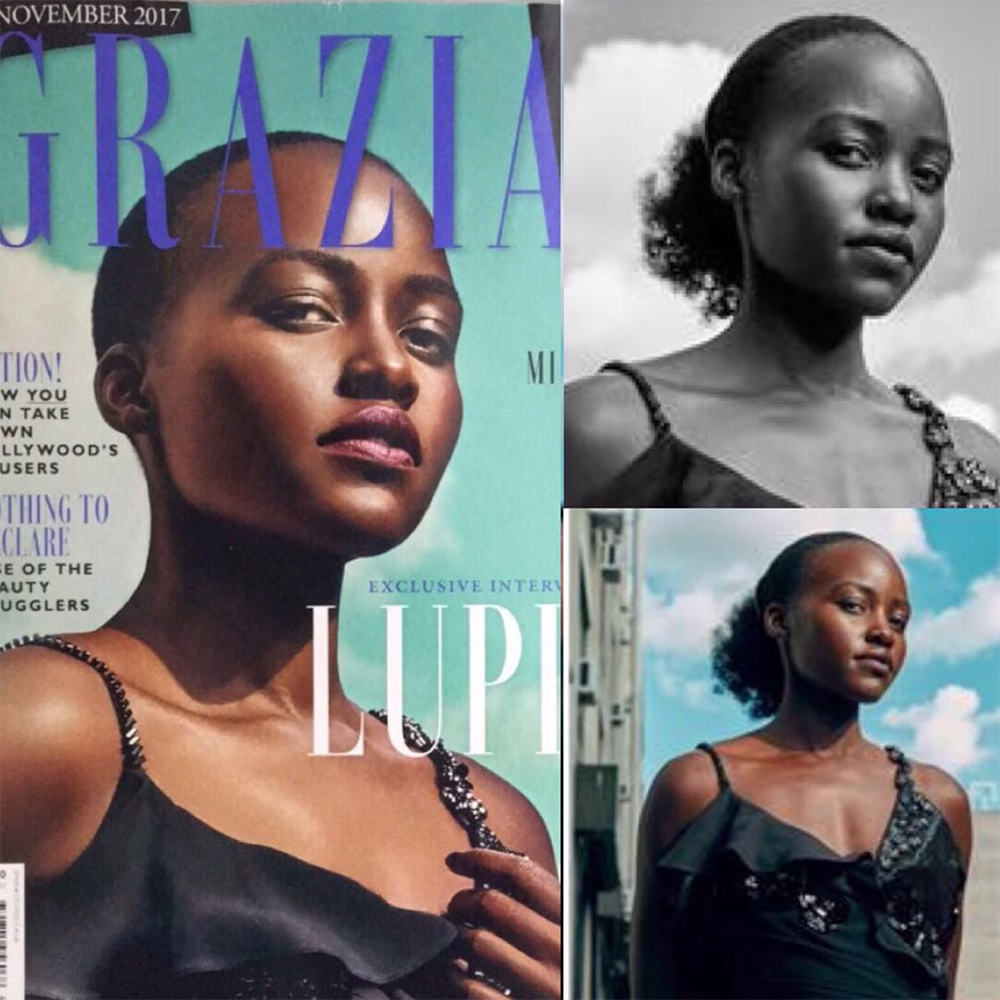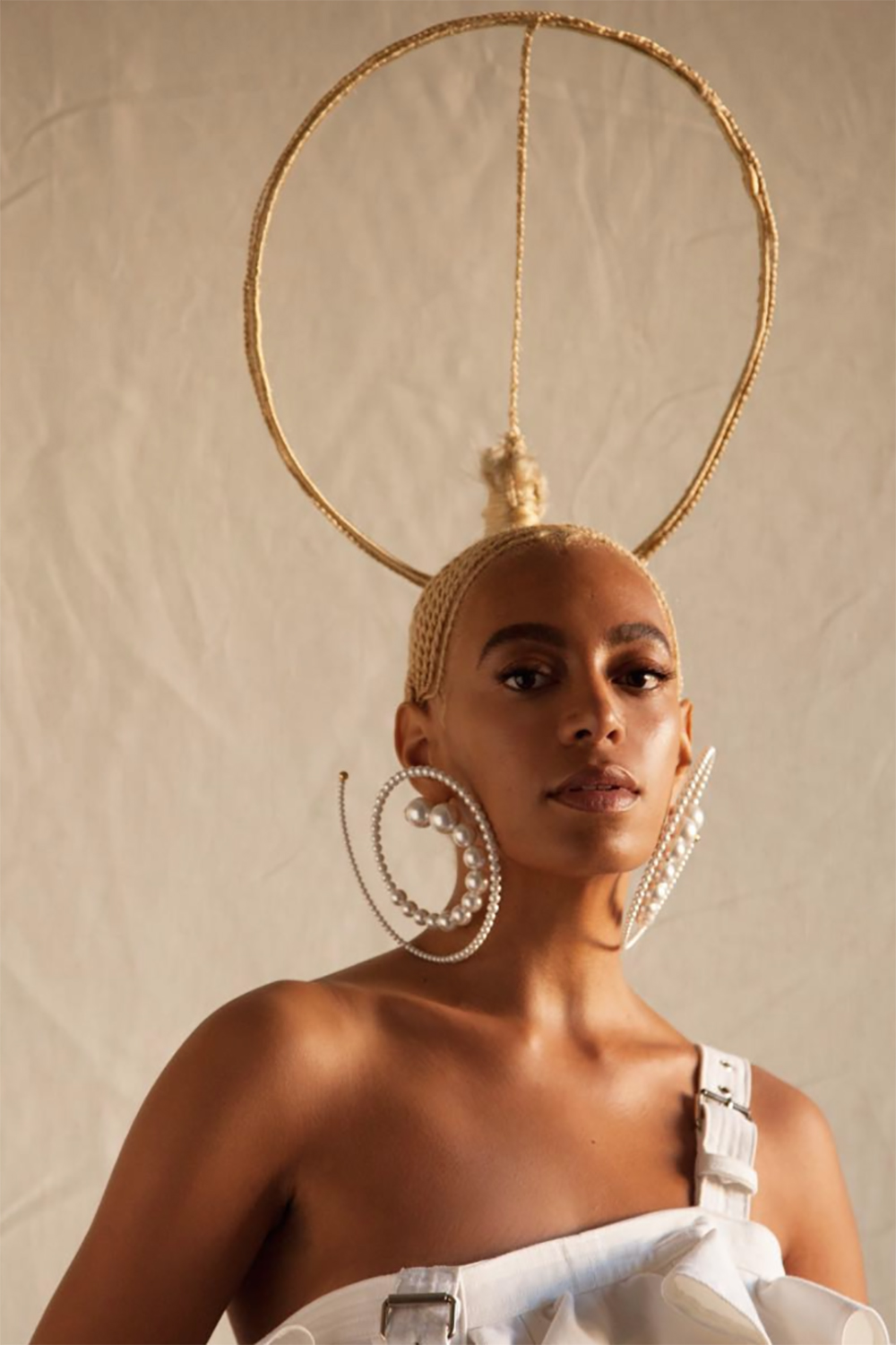#Don'tTouchMyHair. Do you get it now?

I remember the first time I was made to feel ashamed of my natural hair. During a giggly sleepover full of young girls, I had allowed my best friend to brush out my long, curly hair, which had always been in two plaits. Everyone ooh-ed and aah-ed at the fluffy halo around my head, so different to their own, and petted me (much to my enjoyment). For a moment, my hair, such an indicator of my ethnicity, felt celebrated - we ran downstairs to delightedly show it off to my best friend’s mother, who immediately told me with disgust that I looked like a cavewoman.

I’m mixed-race, and I know that my individual experience of racism would be different if I was ‘just black’. Although I’d witnessed my Ghanaian mother being treated unfairly, my ten-year-old self didn’t know what prejudice was, let alone the history of black people (and black features) being stereotyped as unkempt and uncivilised, as lesser beings than their Caucasian counterparts. But I did feel ashamed, and was made to feel different from every other person (and their long, flowing hair) in that house. And so began a long journey of straightening my hair non-stop to fit in, to ensure that nobody would ever make me feel like that again. After racking up endless comments of “you look so much prettier with straight hair” from peers (insert upside-down smiley emoji here), plus more sinister experiences of prejudice, I eventually realised that it wasn’t my responsibility to “avoid” racism. It’s our responsibility to question the way things are.

You’d think that by 2017, these everyday instances of prejudice would be dying a slow death, especially when it comes to something like hair, a seemingly trivial issue. Maybe Lupita’s afro puff was Photoshopped out to make room for text, or they were going for a Grace Jones vibe. But let’s get real; if Lupita had been rocking a sleek, straight weave, they probably wouldn’t have touched it. The same goes for Solange’s cover - the intricate braided crown, traditionalised in so many African cultures, was removed in the same way as Lupita’s. Similarly, when Zendaya emerged on the Oscars red carpet with gorgeous locs, Fashion Police host Giuliana Rancic condemned her look, saying that the teen looked like she “smells like patchouli oil… or weed.”

We shouldn’t need to turn to the erasure and condemnation of black hair, in its many forms, in order to feel comfortable. Yes, they now stock Cantu at Boots, and the natural hair community on social media is absolutely thriving, but little girls are still being made to feel ashamed about their “cavewoman hair”. The conversation around black hair needs to be opened further; it is political, is is inherent to our identity, and it most definitely is something to be cherished and celebrated, rather than merely accepted. It’s all relative, and we need to keep scrutinising how people of colour are described and treated, whether it be victim after victim of police brutality, the pressure to bleach your skin, or a hair salon slapping on £20 extra for blow-drying Afro hair.
#dtmh
Celebrity news, beauty, fashion advice, and fascinating features, delivered straight to your inbox!